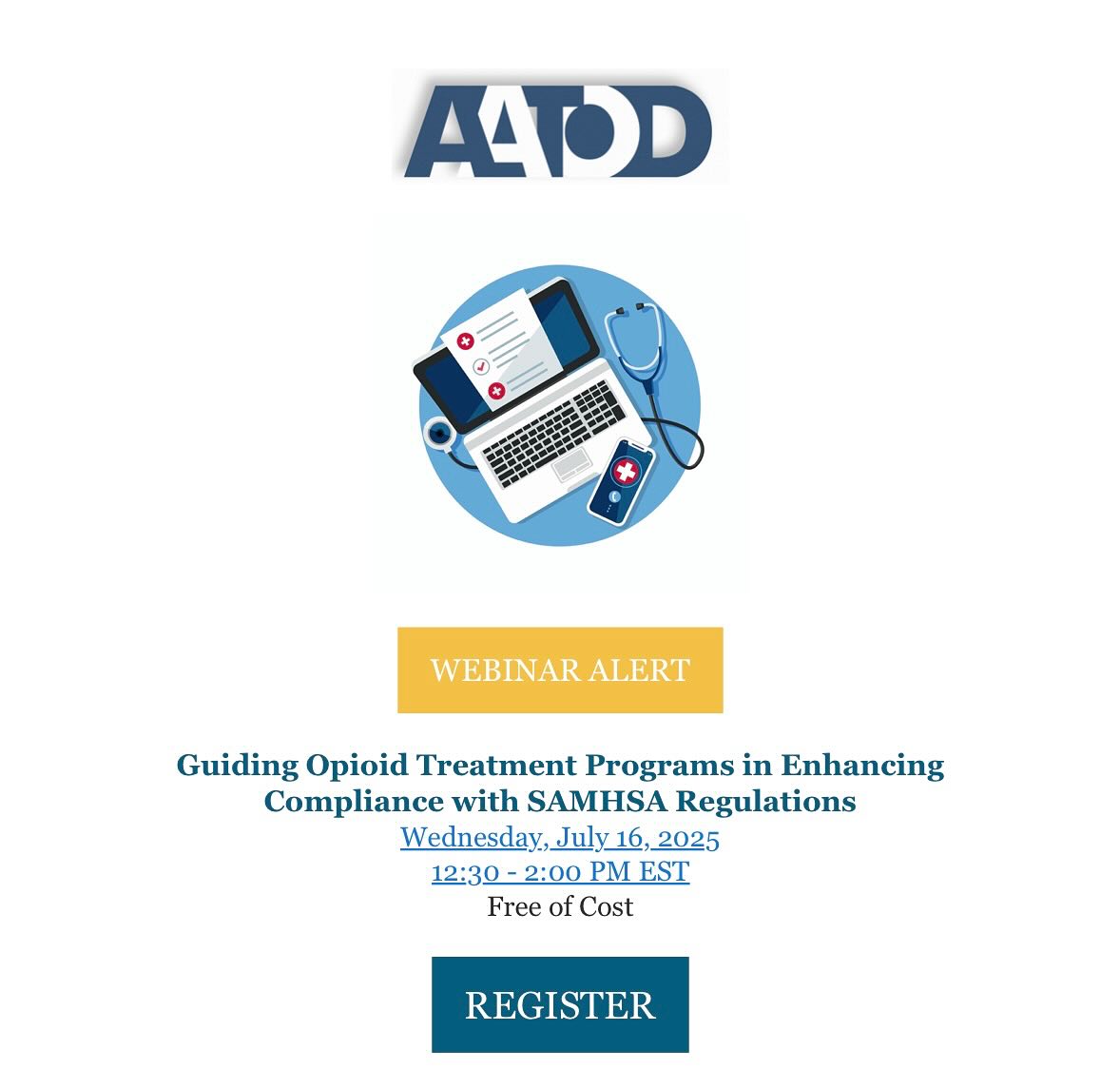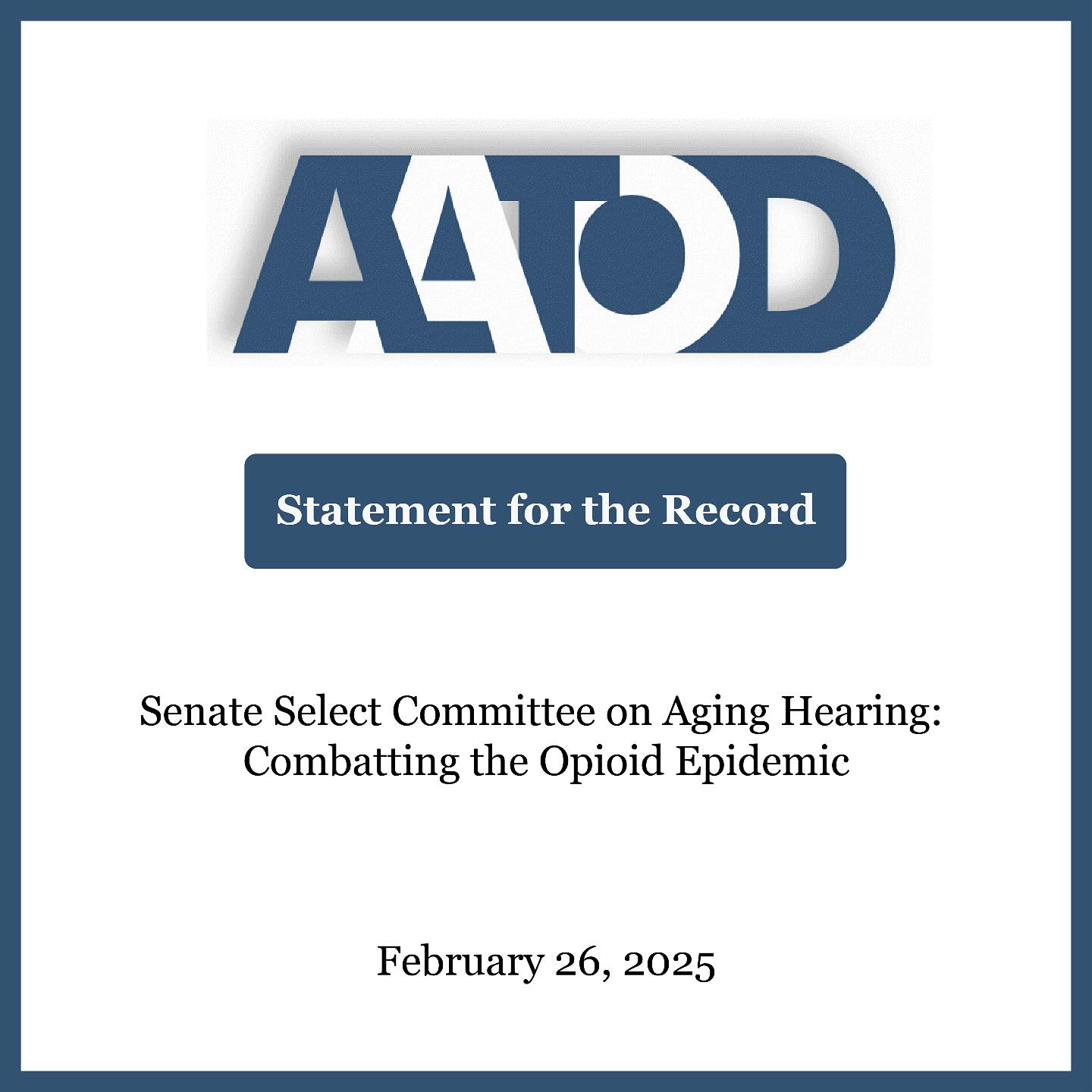I have been meeting with treatment providers and regulatory officials throughout the United States since this News Report was last published during September 1997 and have been influenced by our colleagues’ reactions to the potential impact of changing policies.
The full scale transition to the proposed accreditation model, which would involve all licensed methadone treatment programs, would occur over the course of a three to four year period. At present, we do not know if states will alter their respective regulatory guidelines in response to the accreditation model. We also do not fully understand the cost of implementing accreditation standards to individual methadone programs, beyond the cost of paying for the accreditation review.
In essence, the major difference between accreditation and existing FDA regulation is in standards that methadone treatment programs can strive to achieve. Process oriented requirements will be replaced with outcome related standards. The basic focus is on patient improvement as measured by specific parameters. The accreditation model seeks to develop a system of care that will be more responsive to patient needs. We expect that programs will have to develop patient satisfaction questionnaires and maintain quality assurance reports, which will be evaluated by accrediting and other external organizations.
It is expected that the quality of treatment services will improve as accreditation replaces FDA regulations. It is important to note that the proposed accreditation standards will embrace many of the principles embodied in the State Methadone Treatment Guidelines, which were published by the Center for Substance Abuse Treatment (CSAT) in 1992. As many readers know, our Association worked in conjunction with the American Society of Addiction Medicine (ASAM) in developing such clinical practice standards.
This transition in oversight must obtain approval from the White House Office of National Drug Control Policy (ONDCP) before any change can be initiated or announced prior to a Federal Register Notice. CSAT will be at the center in coordinating this transition once it has been formally approved by ONDCP. The role of the DEA will not change since their authority will continue under the purview of the Narcotics Addiction Treatment Act of 1974, which bifurcated federal oversight authority between DHHS and the Department of Justice.
The first stage of a specialized accreditation review concept for methadone treatment is already in progess. The Commission on Accreditation of Rehabilitation Facilities (CARF), under contract to CSAT, is in the process of identifying methadone programs to participate in the first stage of this “working laboratory”. CSAT has already contacted a number of states, seeking program involvement. CARF is also recruiting surveyors to conduct the accreditation review. The selected methadone treatment programs will be briefed on this process on the first day of the national methadone conference during a training session on the morning of September 26, 1998. This special training session will be open to all parties in the field.
The information gathered through this “working laboratory” will provide additional guidance to the federal agencies on the full scale transition, which is expected to follow. While CARF will conduct the accreditation review, the Research Triangle Institute will conduct a separate evaluation of the processes, barriers and costs associated with the accreditation system, ultimately determining the impact on patient care and programmatic structure. It is expected that other behavioral accrediting organizations will also be involved in this process as we learn more about the initial “working laboratory”. Our Association has supported this accreditation process since we believe that it will bring methadone treatment programs closer to the standard of care in mainstream medicine, ending the isolation that has surrounded methadone programs for more than 30 years. Accreditation will extend an opportunity to methadone treatment providers to be evaluated within the same context as other parts of our healthcare system. We have also gone on record with representatives of the federal agencies, expressing our concern about the unanticipated costs of implementing accreditation. We have expressed concerns about duplication of effort within state and municipal regulatory authorities as this process takes hold in the nation’s methadone treatment system. While these matters need to be resolved, we also believe that accreditation will improve patient care as we standardize best practice treatment approaches in our programs.
This News Report highlights a number of our Association’s leading initiatives, including referring stabilized methadone maintained patients to private medical settings; recommendations to the field concerning Hepatitis C practice guidelines, the development of physician training seminars in conjunction with the American Society of Addiction Medicine; and the development of a working document regarding best methadone hydrochloride dispensing/prescribing guidelines for treatment programs in conjunction with the Drug Enforcement Administration.
All of these issues will be discussed in greater detail during the course of our next national methadone conference, which will convene at the Marriott Marquis Hotel in New York City between September 26-29, 1998. All readers should have received copies of our full registration brochure during the month of June, 1998. We realize that it is difficult for all to attend these national meetings, however, we encourage members of our field to do all that they can to make it possible. It promises to be a landmark conference coming at a critical time of transition in our field.
Submitted by: Mark Parrino, AATOD President































